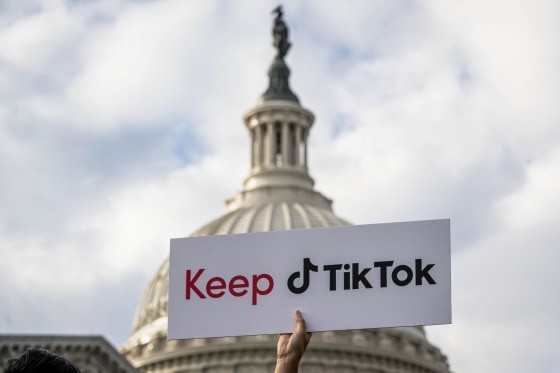
The U.S. Supreme Court announced Wednesday it will hear TikTok's challenge against legislation that could effectively ban the popular social media app in America. The court scheduled oral arguments for January 10, just nine days before the law takes effect.
At the heart of the case is the Foreign Adversary Controlled Applications Act, which would force TikTok's Chinese parent company ByteDance to sell the app or face removal from U.S. app stores. The law passed with strong bipartisan support amid concerns over national security risks tied to Chinese ownership.
TikTok argues the ban would violate First Amendment rights of its 170 million U.S. users. The company claims small businesses would lose over $1 billion in marketing revenue if banned, while content creators could lose nearly $300 million in earnings.
The case reached the Supreme Court after a federal appeals court upheld the law in early December. The high court's decision to hear the case is notable, as it accepts only about 100 cases annually from over 7,000 petitions.
The Supreme Court will weigh constitutional free speech protections against national security concerns. While the court did not immediately block the law from taking effect, it could rule on an injunction before the January 19 deadline.
The case's timing coincides with a presidential transition, as Donald Trump is set to take office January 20. Trump recently met with TikTok CEO Shou Zi Chew and has expressed opposition to the ban, despite supporting similar measures during his first term.
Several civil liberties groups back TikTok's position, arguing against banning a platform millions use daily for communication and expression. However, Senate Republican leader Mitch McConnell urged the Supreme Court to reject TikTok's bid, calling their arguments "meritless."
The Supreme Court's eventual ruling will have major implications for social media regulation, digital free speech, and U.S.-China technology relations.